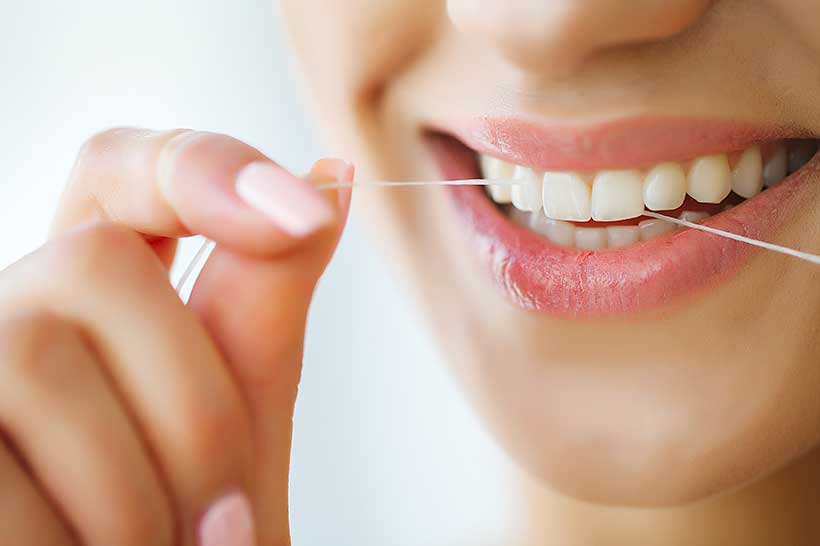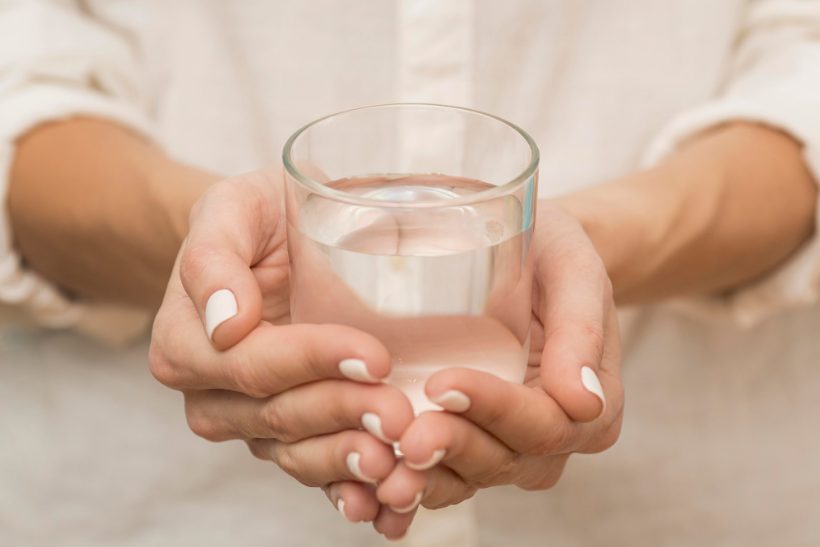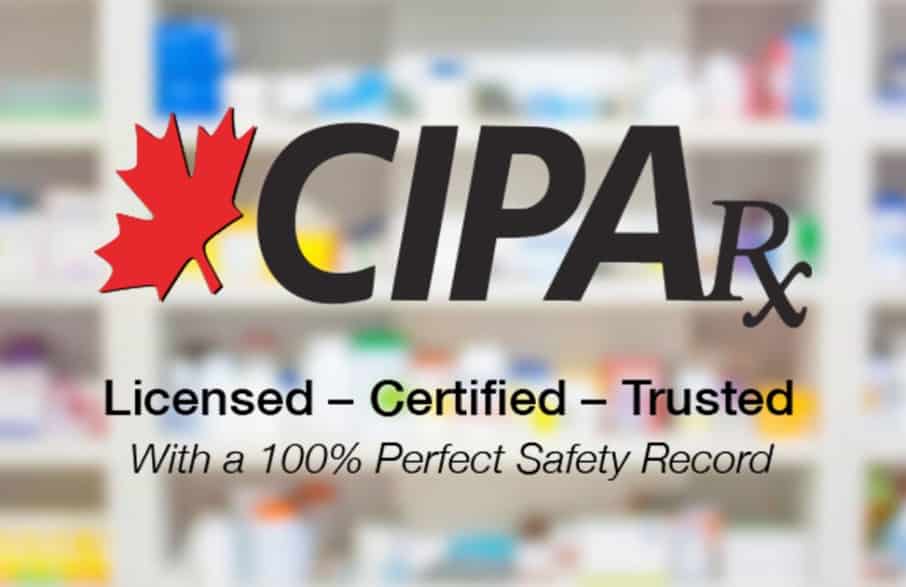Brushing teeth. Do you floss? Every day? Dental floss is designed to get the plaque out from between your teeth and in those hard-to-reach places. Leave the plaque where it is and you can develop tartar or gum disease. But even if you floss regularly, you might be going about it in a way that actually does your teeth harm. Are you making any of these flossing mistakes?
Floss before brushing
The best oral hygiene routine is to brush, then floss, then rinse. If you floss first, you may actually push additional bacteria into the spaces between your teeth. Then, when you rinse after flossing, you can help to rinse away any particles that may have been loosened in your mouth by flossing.
Floss in the morning
Actually, flossing should be a part of your evening oral hygiene routine. This helps to ensure that you get an entire night’s rest for your mouth to fight off tooth-decay-causing bacteria. Flossing in the morning is not necessary. Once a day is enough.
Floss until your gums bleed
Be gentle when you floss. If your gums are bleeding, you’re being too rough. To floss properly:
- Gently slide the floss at the top of the tooth.
- Move the floss down to the gum line and bring it under, then remove it.
- Shift to a clean section of floss to clean between the next tooth: the previous section of floss is full of bacteria, so you don’t want to reuse it.
- If you’re being gentle and your gums still bleed, it could be a sign of gum disease. See your dental hygienist handle this.
Buy only waxed/unwaxed floss because it’s better
Floss types and brands are a personal preference. However, many people feel that waxed or ‘ribbon’ floss is easier to fit between their teeth and is gentler on their gums. These types of floss may be less likely to shred but are also more expensive.
Use mouthwash to replace flossing
Mouthwash does not get the bacteria between your teeth, or just below the gum line. It may kill bacteria on dental surfaces missed by brushing and flossing; however, nothing outdoes the brushing/flossing/rinsing routine. Make this your motto. Brush. Then floss. Then rinse. It’s a lot cheaper and less painful than having your teeth slowly decay in your mouth. Also, it’s a good idea to get regular cleanings from a dental hygienist. Only a professional cleaning can remove tartar and plaque that can’t be reached at home.
Also Read
6 Myths Your Parents Told you: Were they right?
4 Health Benefits of Green Tea
About: DoctorSolve™ Healthcare Solutions Inc, is an online Canadian pharmacy intermediary (license #BC X23), offers low-cost, long-term prescription drugs. A professionally registered pharmacist fills all Canadian prescriptions. A certified member of the Canadian International Pharmacy Association (CIPA), DoctorSolve™ is ranked as one of the best online Canadian pharmacies. For more information on how to order Canada drugs safely and securely call 1-866-732-0305 or visit https://www.doctorsolve.com/ – a trusted and reliable Canadian online pharmacy since 1999.







